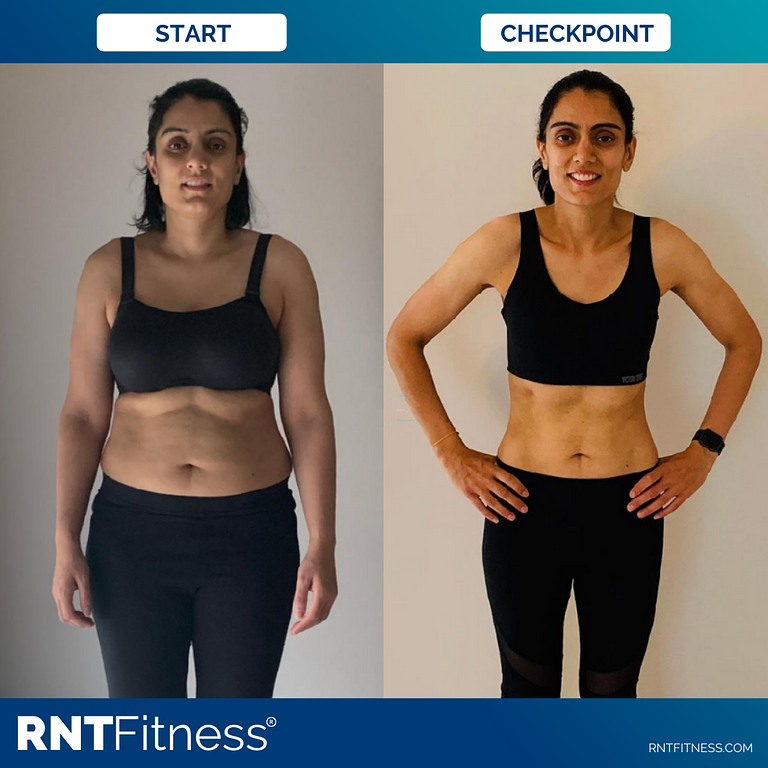- Anovulation or Amenorrhea- Irregular menstruation or a chronic lack of menstruation altogether.
- Hyperandrogenemia- High levels of androgens such as testosterone in the bloodstream.
- Polycystic ovaries- Unexplained cysts on the ovaries.
PCOS & Weight Loss
- Improve the function of the ovaries which in turn reduces excess growth of facial/body hair.
- Restore regular menstruation.
- Improve chances of successful pregnancy.
- Bring down systemic (whole body) inflammation.
- Improve insulin sensitivity.

Insulin Resistance
How Does This Relate To PCOS?
What About My Metabolism?
Do I Have To Eliminate All Carbohydrates?

Glycemic Index & Glycemic Load
- ¼ of your plate contains a lean protein source.
- ½ of your plate contains a heap of vegetables with a moderate amount of /healthy fats.
- The remaining ¼ can be made up of a high fibre starch.


Dairy
PCOS & Exercise
Supplements?
- Promote female fertility
- Improve insulin sensitivity
- Reduce anxiety/ panic attacks
- Improve symptoms of depression
- Help control binge eating tendencies
Putting It Altogether
- Your hormones are a little messed up. That is fine, you can still lose weight.
- Your metabolism is fine for the most part. It will not prevent you from losing weight.
- You can eat carbohydrates. Just the right ones in the right amounts.
- You might be able to eat dairy. You may not. Find what works.
- Move as much as you can. Exercise is a god send for you.
- Consider inositol supplementation.
- See your friends and loved ones. Don’t be a recluse.
- Prioritise your sleep. You will find it much easier to stick to things when you’re well rested.

.jpg)
.png)
.jpg)